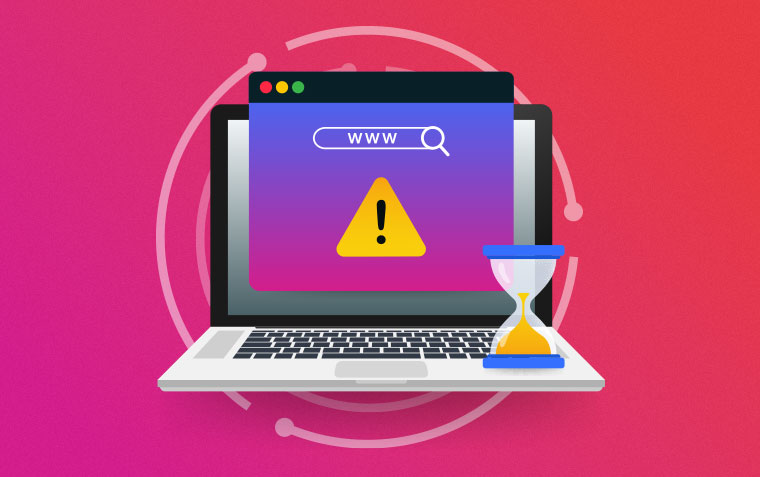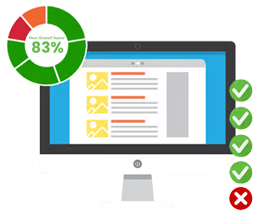How to Choose the Right Website Developers for You

Whether you’re a startup looking to make your mark or an established company aiming to enhance your digital footprint, choosing the right website developers is a critical decision that can impact your business's success. This guide will walk you through the key considerations and steps to ensure you make the best choice for your website development needs.
1. Define Your Project Requirements
Before you start searching for website developers, it's essential to have a clear understanding of your project requirements. Consider the following aspects:
- Purpose of the Website: Is it an e-commerce website, a blog, a portfolio, or a corporate website?
- Scope of Work: Do you need a complete website design from scratch, a redesign of an existing site, or ongoing maintenance and updates?
- Budget: Determine your budget range. This will help you narrow down your options and avoid unnecessary expenses.
- Timeline: Establish a realistic timeline for the project, including key milestones and deadlines.
- Technical Requirements: Identify any specific technologies or platforms you prefer, including external programs that need to integrate with your website.
2. Look for Relevant Experience
When evaluating potential website developers, experience matters. Look for developers or agencies with a proven track record in your industry or with similar types of projects. Check their portfolios to see examples of their previous work and pay attention to the following:
- Design Aesthetic: Does their design style align with your brand’s vision?
- Functionality: Are their websites user-friendly and functional?
- Performance: Do their websites load quickly and perform well on different devices?
3. Read Reviews and Testimonials
Client reviews and testimonials provide valuable insights into a developer’s reliability and quality of work. Look for reviews on third-party platforms like Google, Word of Mouth, or Trustpilot. Reach out to past clients, if possible, to get a firsthand account of their experience working with the developer for both the duration of the project and ongoing support.
4. Assess Technical Expertise
Website development requires a range of technical skills. Ensure the developers you're considering have expertise in the following areas:
- Front-End Development: Proficiency in HTML, CSS, and JavaScript.
- Back-End Development: Knowledge of server-side languages like PHP, Python, Ruby, or Perl, and experience with databases such as MySQL or MongoDB.
- Responsive Design: Ability to create websites that work seamlessly on all devices, including desktops, tablets, and smartphones.
- SEO Best Practices: Understanding of search engine optimisation to ensure your site is optimised for visibility and rankings.
- Security: Experience implementing security measures to protect your website from threats and vulnerabilities.
5. Evaluate Communication and Collaboration
Effective communication and collaboration are crucial for the success of any web development project. Consider the following when assessing potential developers:
- Communication Channels: Are they available via email, phone, or chat? How quickly do they respond to inquiries?
- Project Management: Do they use project management tools like Notion, Smartsheet, or Zoho to keep track of tasks and deadlines?
- Transparency: Are they transparent about their processes, timelines, and costs?
6. Consider Post-Launch Support
Website development doesn’t end once the site goes live. You’ll need ongoing customer support for updates, maintenance, and troubleshooting. Ensure the developer offers post-launch support services and understand the terms of these services, including costs and availability.
7. Request Proposals and Quotes
Once you’ve shortlisted a few potential developers, request detailed proposals and quotes. These should include:
- Scope of Work: A breakdown of the tasks and deliverables.
- Timeline: A project timeline with key milestones and deadlines.
- Cost: A detailed cost estimate, including any potential additional charges.
- Terms and Conditions: Payment terms, warranties, and support policies.
8. Trust Your Instincts
Finally, trust your instincts. Choose a developer or agency that not only meets your technical and budgetary requirements but also feels like the right fit for your business. A good working relationship is essential for the success of your project.
* * * *
Choosing the right website developers is a crucial step in building a successful online presence. By defining your requirements, assessing experience and technical expertise, evaluating communication skills, and considering post-launch support, you can find a development partner that aligns with your vision and goals. Remember to trust your instincts and choose a team that you feel confident will deliver a website that meets your needs and exceeds your expectations.






